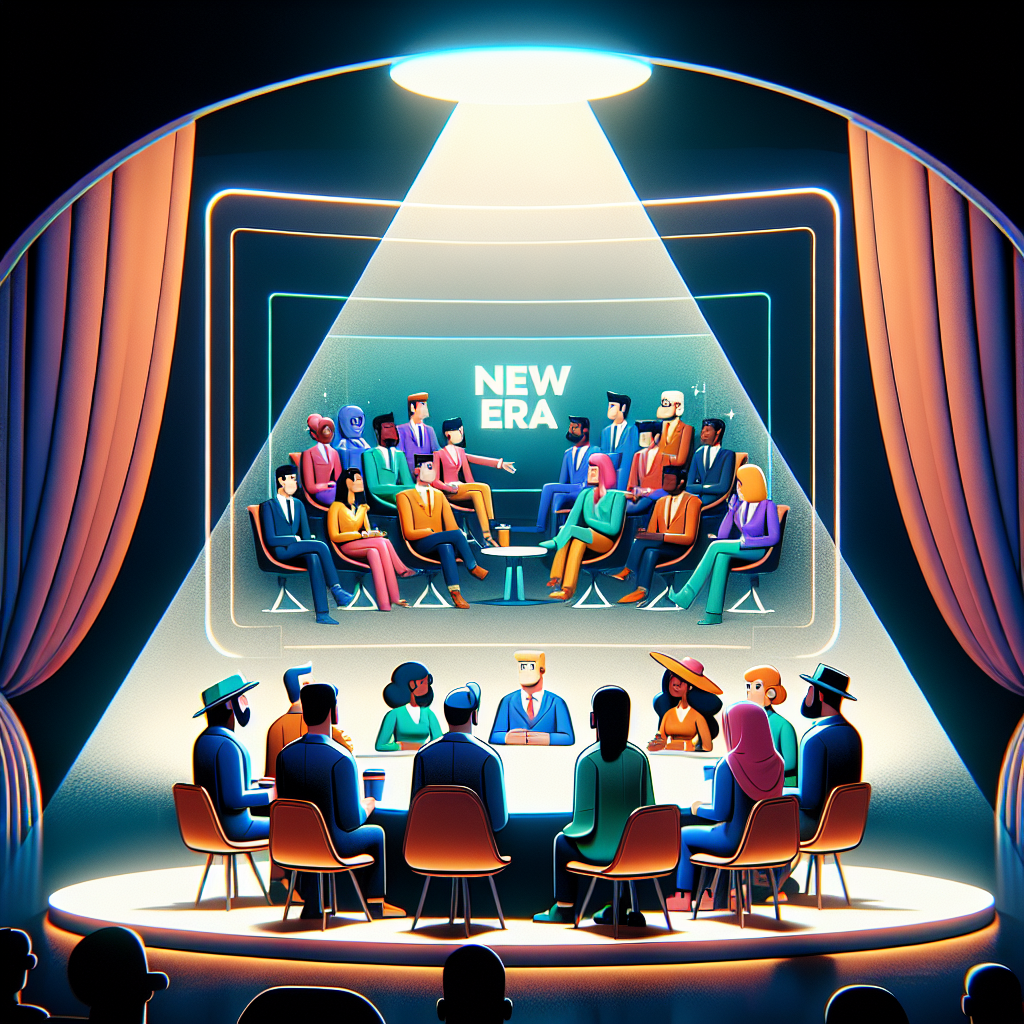Disney's Bold New Era: How 'Woke' Storytelling is Redefining Classic Characters and Captivating a New Generation
Disney has long been a cornerstone of family entertainment, enchanting audiences with timeless tales and memorable characters. However, in recent years, the company has embarked on a transformative journey, embracing a more progressive approach to storytelling often referred to as "woke." This shift aims to resonate with contemporary values, address social issues, and reflect the diversity of its audience, ultimately redefining classic characters for a new generation. In this article, we'll explore how Disney's 'woke' storytelling is reshaping its iconic narratives and captivating younger viewers.
A New Lens on Classic Tales
Disney's commitment to inclusivity and social relevance has led to a fresh reinterpretation of its classic fairy tales. The company is no longer content to simply retell these stories; instead, it is reimagining their narratives to include diverse perspectives and modern themes. For instance, the live-action adaptation of "Mulan" not only features a strong female lead but also delves into themes of honor, identity, and cultural heritage that resonate deeply with audiences today.
Moreover, films like "The Little Mermaid" are receiving similar treatment. With Halle Bailey cast as Ariel, Disney is not only diversifying its character lineup but also challenging the traditional image of princesses. This shift invites discussions around representation and the importance of diverse role models in children’s media. The goal is clear: to connect with a generation that values authenticity and inclusivity, thereby revitalizing Disney's storytelling legacy.
Empowering Diverse Characters
Disney's embrace of 'woke' storytelling has given rise to a host of empowered characters who break away from the mold of traditional archetypes. Take, for example, the characters in "Raya and the Last Dragon," which showcases a Southeast Asian-inspired fantasy world. The film's protagonist, Raya, is a fierce warrior who embodies strength and resilience, traits that resonate with audiences seeking more than just the passive princess trope.
Furthermore, the inclusion of characters from various backgrounds allows children to see themselves reflected in their favorite stories. Disney's approach fosters a sense of belonging and acceptance, making it clear that anyone can be a hero in their own narrative. This empowerment is not just limited to the protagonist; supporting characters are also given depth and agency, enhancing the richness of the storytelling and creating a more dynamic viewing experience.
Addressing Social Issues Through Storytelling
One of the most significant aspects of Disney's 'woke' approach is its willingness to tackle social issues head-on. Movies like "Zootopia" and "Frozen II" incorporate themes of social justice, environmentalism, and mental health, encouraging children and families to engage in meaningful conversations about the world around them. For instance, "Zootopia" cleverly addresses prejudice and stereotyping through a narrative that champions acceptance and understanding, providing a framework for discussing these complex issues with younger audiences.
Additionally, Disney has begun to weave mental health awareness into its narratives. In "Frozen II," Elsa's journey of self-discovery is a poignant exploration of personal growth and emotional challenges, resonating with viewers who struggle with their own identities. By normalizing these conversations in family-friendly films, Disney is not only entertaining but also educating, empowering its audience to embrace their own complexities and feelings.
Engaging a New Generation
As Disney navigates this bold new era, it's clear that the company's approach to storytelling is not just a marketing strategy but a genuine commitment to evolving with its audience. By embracing diversity, empowerment, and social relevance, Disney is able to capture the hearts and minds of a new generation. The success of recent films at the box office and the positive reception from audiences are testaments to this evolution.
Moreover, Disney's strategy extends beyond the big screen. The company has integrated its values into theme parks, merchandise, and digital platforms, ensuring that the message of inclusivity permeates all facets of its brand. As young viewers connect with these narratives, they are also encouraged to reflect on their own experiences and values, fostering a sense of community and shared understanding.
In conclusion, Disney's 'woke' storytelling is more than just a trend; it represents a significant shift in how stories are told and who gets to tell them. By redefining classic characters and addressing contemporary issues, Disney is not only captivating a new generation but also paving the way for a more inclusive and empathetic future in entertainment. As we look ahead, it will be exciting to see how Disney continues to evolve and inspire through its innovative narratives.

No comments yet. Be the first to comment!